|
The Ethiopian government rejected earlier demands by the Sidama ethnic group to simply declare a new state. Instead, they were required to follow a constitutional path by voting in a referendum, the outcome of which was overwhelmingly in favour of a separate state. Yonatan Fessha sets out why the constitutional route was the right one to take. He also explains the significance of the vote.
|
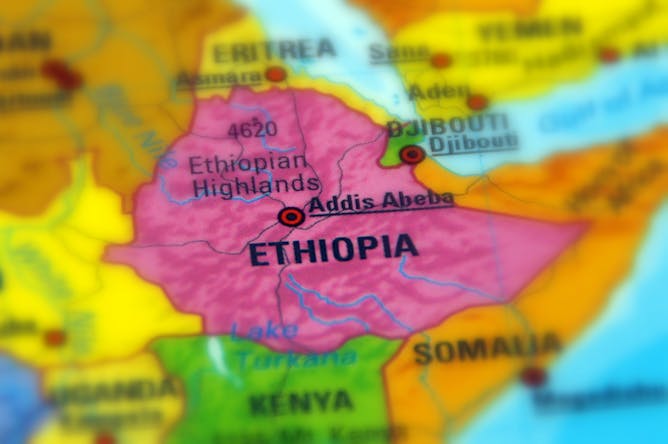
The government must encourage demands for the creation of new states to be an outcome of negotiations.
Shutterstock
Yonatan Fessha, University of the Western Cape
In a country where there are more than 80 ethnic groups, the territorial solution isn't a feasible solution.
|
Health + Medicine
|
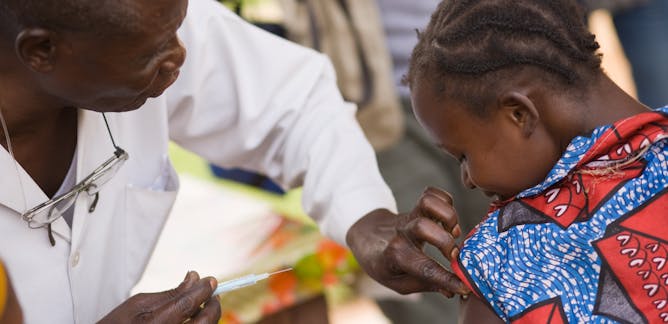
Olatunji Adetokunboh, Stellenbosch University
Effective health care interventions are very important for sub-Saharan Africa because the region has a high burden of vaccine-preventable diseases.
| |
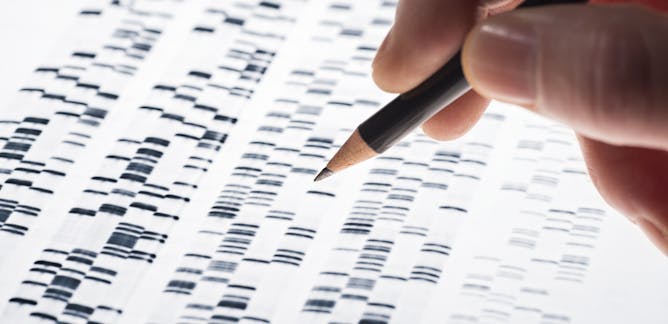
Deepti Gurdasani, Queen Mary University of London; Ayesha Motala, University of KwaZulu-Natal; Pontiano Kaleebu, London School of Hygiene & Tropical Medicine; Segun Fatumo, London School of Hygiene & Tropical Medicine
Africa is known to be where humans originated. This makes it the most genetically diverse region in the world. Diversity in other populations represents a subset of the diversity within Africa.
|
|
|
Politics + Society
|
-
Gabrielle Lynch, University of Warwick; Elena Gadjanova, University of Exeter; Ghadafi Saibu, Bayreuth University
Efforts to mitigate the double edged nature of social media in politics must take into account local information environments
|
|
From our international editions
|
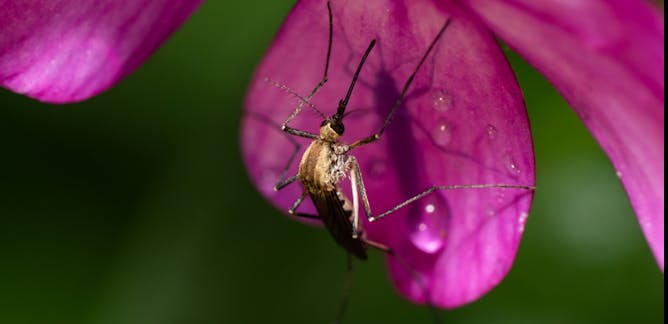
Daniel A.H. Peach, University of British Columbia
Mosquitoes have intricate and essential relationships with plants. Understanding their important work as pollinators would help to understand their role in different ecosystems.
| |
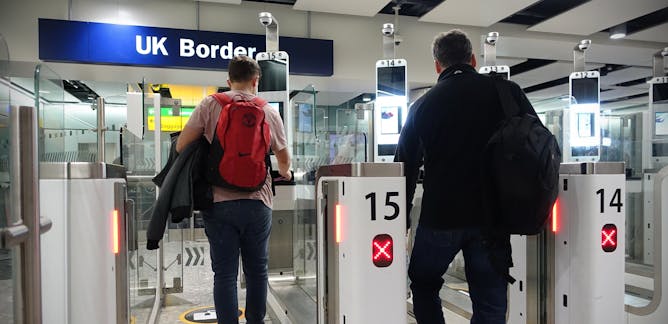
Nik Lomax, University of Leeds
There is substantial difference in what's happening to migration from inside and outside the EU.
|
|
|
En français
|
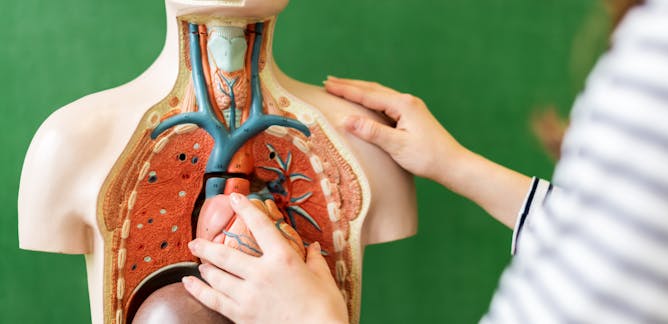
Véronique Lefebvre des Noettes, Université Paris-Est Créteil Val de Marne (UPEC)
Alors que la médecine est de plus en plus technique, et que la relation entre médecins et patients subit l’influence des demandes sociétales, le corps humain est-il une marchandise ? Que vaut-il ?
| |
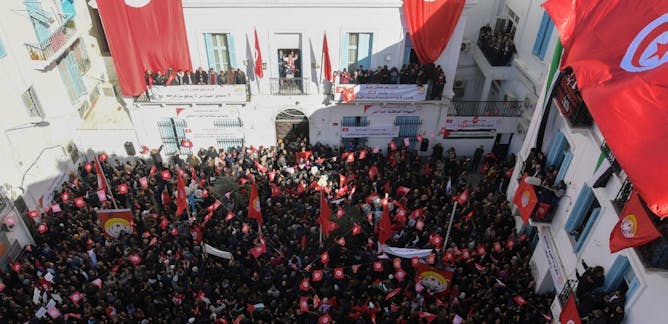
Damiano De Facci, Université Paris Diderot
Dans la Tunisie de l’après–Ben Ali, les associations jouent un rôle majeur et complexe.
|
|
|